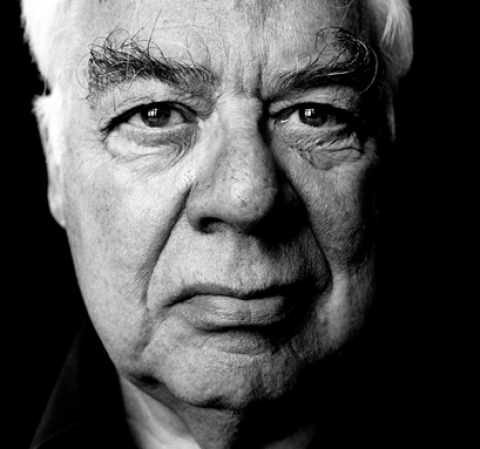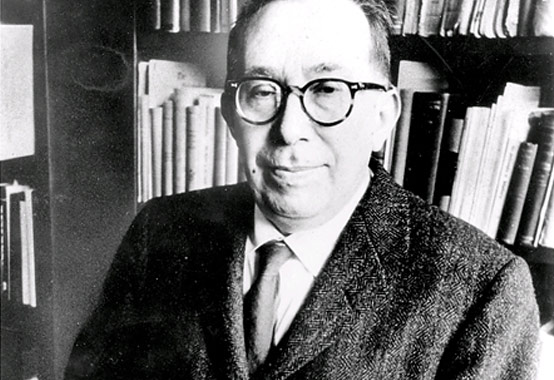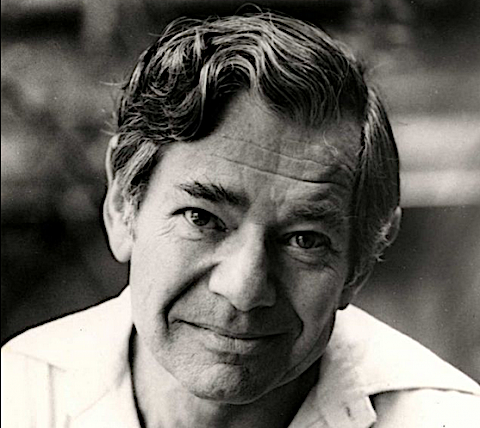
Time to roll out a new media collection — a big collection of Cultural Icons. Here you will find great writers, dazzling filmmakers and musicians, brilliant philosophers and scientists — figures who have changed our cultural landscape throughout the years. You’ll see them in video, or hear their voices in audio.
The list currently features 230 icons, all speaking in their own words. The collection will inevitably grow as we add more material, or as you send suggestions our way. For now, how about we whet your appetite with 10 favorites? Then you can rummage through the full collection of Cultural Icons here.
(Note: Down the road, you can access this collection by clicking “Cultural Icons” in the top navigation bar.)
Salvador Dali - Video – Surrealist artist appears on “What’s My Line?” (1952)
Johnny Depp - Video – The versatile actor reads a letter from Gonzo journalist Hunter S. Thompson.
Anne Frank - Video – It is the only known footage of Anne Frank, author of the world’s most famous diary, and it’s now online.
Patti Smith — Video — The “godmother of punk” recalls her friendship with artist Robert Mapplethorpe.
Quentin Tarantino - Video – Pulp Fiction director lists his favorites films since 1992.
Leo Tolstoy – Video – Great footage of the last days of the towering Russian novelist. 1910.
Mark Twain – Video – America’s fabled writer captured on film by Thomas Edison in 1909.
Andy Warhol - Video – In 1979, Warhol created public access television programs. In this episode, he chats with Bianca Jagger & Steven Spielberg.
Tom Waits - Video – The raspy singer reads “The Laughing Heart” by Charles Bukowski.
Virginia Woolf — Audio — Recording comes from a 1937 BBC radio broadcast. The talk, entitled “Craftsmanship,” was part of a series called “Words Fail Me.” The only known recording of her voice.
Get the rest here. Don’t miss us on Facebook and Twitter!




